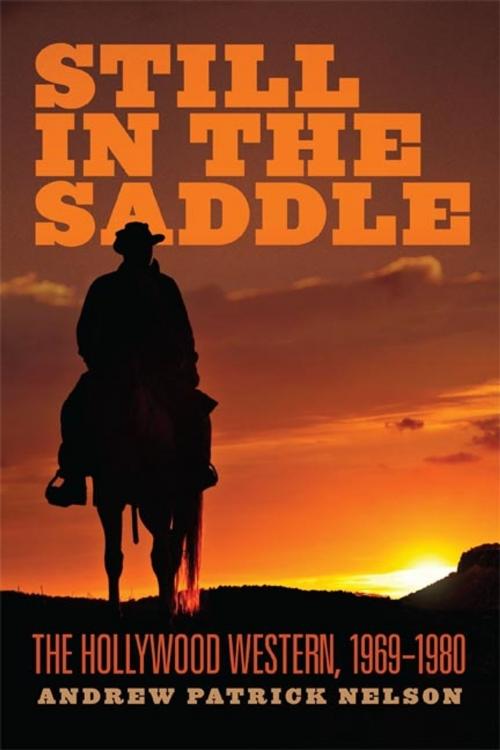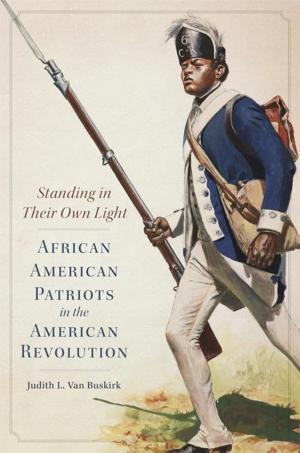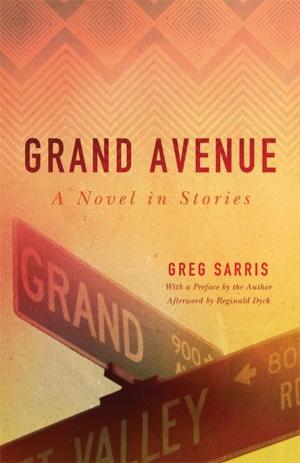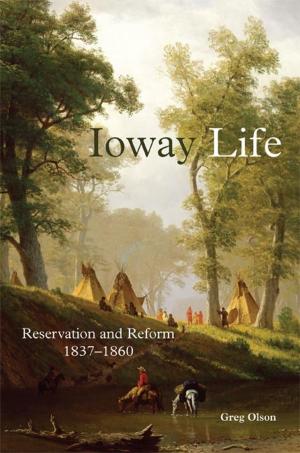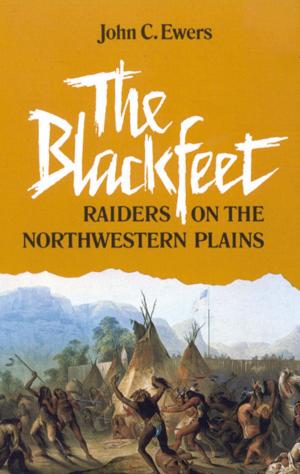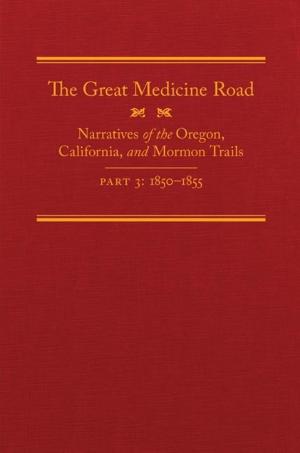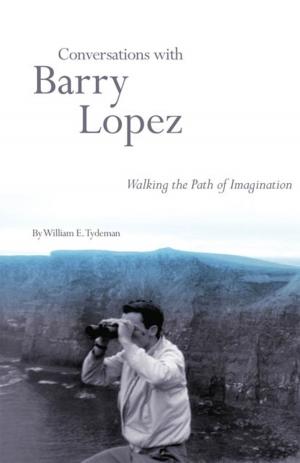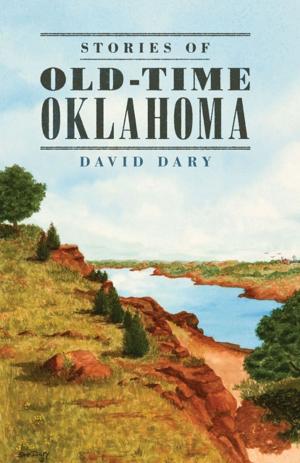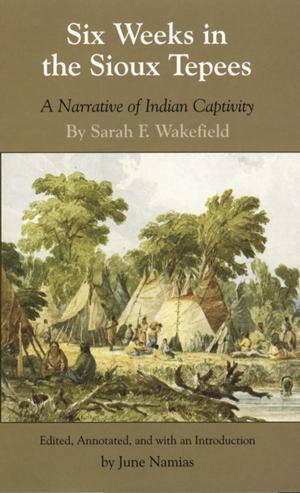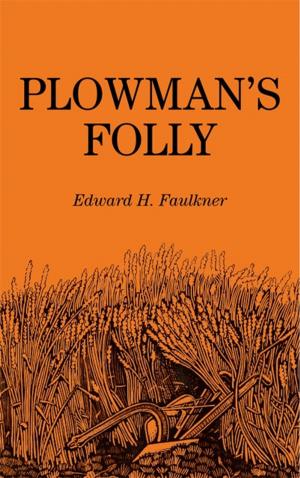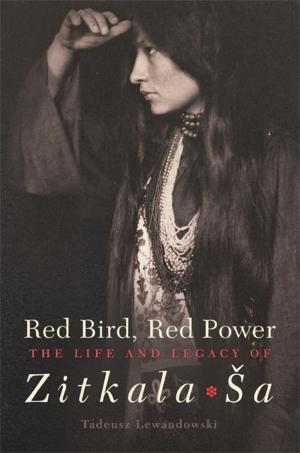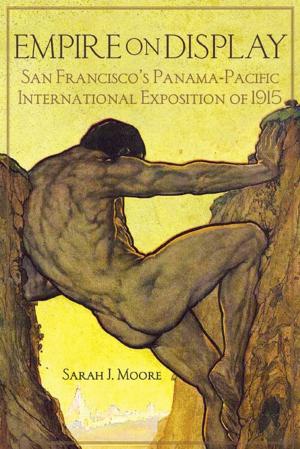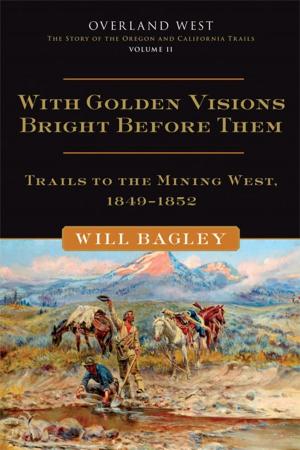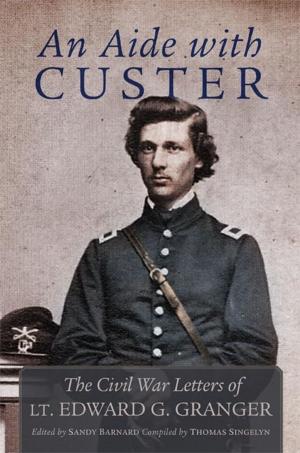Still in the Saddle
The Hollywood Western, 1969–1980
Nonfiction, Art & Architecture, General Art, Art Technique, Social & Cultural Studies, Social Science, Cultural Studies, Popular Culture| Author: | Andrew Patrick Nelson | ISBN: | 9780806153025 |
| Publisher: | University of Oklahoma Press | Publication: | August 3, 2015 |
| Imprint: | University of Oklahoma Press | Language: | English |
| Author: | Andrew Patrick Nelson |
| ISBN: | 9780806153025 |
| Publisher: | University of Oklahoma Press |
| Publication: | August 3, 2015 |
| Imprint: | University of Oklahoma Press |
| Language: | English |
By the end of the 1960s, the Hollywood West of Tom Mix, Randolph Scott, and even John Wayne was passé—or so the story goes. Many film historians and critics have argued that movies portraying a mythic American West gave way to revisionist films that influential filmmakers such as Sam Peckinpah and Robert Altman made as violent critiques of the Western’s “golden years.”
Yet rumors surrounding the death of the Western have been greatly exaggerated, says film historian Andrew Patrick Nelson. Even as the Wild Bunch and John McCabe rode forth, John Wayne remained the Western’s number one box office draw. How, then, could there have been a revisionist reckoning at a time when the Duke was still in the saddle?
In Still in the Saddle, Nelson offers readers a new history of the Hollywood Western in the 1970s, a time when filmmakers tried to revive the genre by appealing to a diverse audience that included a new generation of socially conscious viewers. Nelson considers a comprehensive filmography of releases from 1969 to 1980 in light of the visual tropes and narratives developed and reworked in the genre from the 1930s to the present. In so doing, he reveals the complexity of what is probably the most interesting period in Western movie history. His incisive reevaluations of such celebrated (or infamous) films as The Wild Bunch and Heaven’s Gate and examinations of dozens of forgotten and neglected Westerns, including the final films of John Wayne, demonstrate that there was more to the 1970s Western than simple revision. Instead, we see not only important connections between canonical and lesser-known films of the period, but also continuities between these and older Westerns. Nelson believes an ongoing, cyclical process of regeneration thus transcends established divisions in the genre’s history.
Among the books currently challenging the prevailing “evolutionary” account of the Western, Still in the Saddle thoroughly revises our understanding of this exciting and misunderstood period in the Western’s history and adds innovatively and substantially to our knowledge of the genre as a whole.
By the end of the 1960s, the Hollywood West of Tom Mix, Randolph Scott, and even John Wayne was passé—or so the story goes. Many film historians and critics have argued that movies portraying a mythic American West gave way to revisionist films that influential filmmakers such as Sam Peckinpah and Robert Altman made as violent critiques of the Western’s “golden years.”
Yet rumors surrounding the death of the Western have been greatly exaggerated, says film historian Andrew Patrick Nelson. Even as the Wild Bunch and John McCabe rode forth, John Wayne remained the Western’s number one box office draw. How, then, could there have been a revisionist reckoning at a time when the Duke was still in the saddle?
In Still in the Saddle, Nelson offers readers a new history of the Hollywood Western in the 1970s, a time when filmmakers tried to revive the genre by appealing to a diverse audience that included a new generation of socially conscious viewers. Nelson considers a comprehensive filmography of releases from 1969 to 1980 in light of the visual tropes and narratives developed and reworked in the genre from the 1930s to the present. In so doing, he reveals the complexity of what is probably the most interesting period in Western movie history. His incisive reevaluations of such celebrated (or infamous) films as The Wild Bunch and Heaven’s Gate and examinations of dozens of forgotten and neglected Westerns, including the final films of John Wayne, demonstrate that there was more to the 1970s Western than simple revision. Instead, we see not only important connections between canonical and lesser-known films of the period, but also continuities between these and older Westerns. Nelson believes an ongoing, cyclical process of regeneration thus transcends established divisions in the genre’s history.
Among the books currently challenging the prevailing “evolutionary” account of the Western, Still in the Saddle thoroughly revises our understanding of this exciting and misunderstood period in the Western’s history and adds innovatively and substantially to our knowledge of the genre as a whole.
